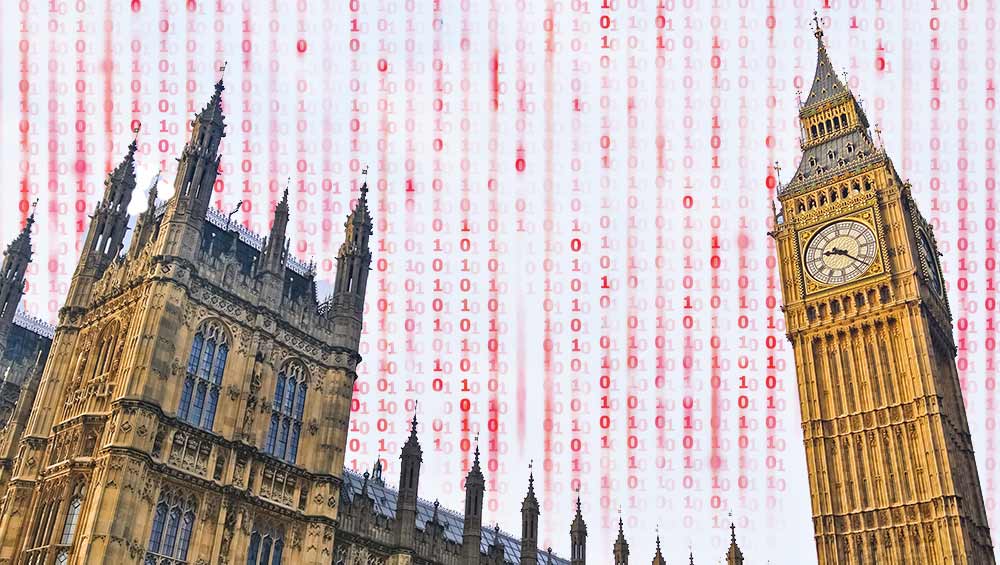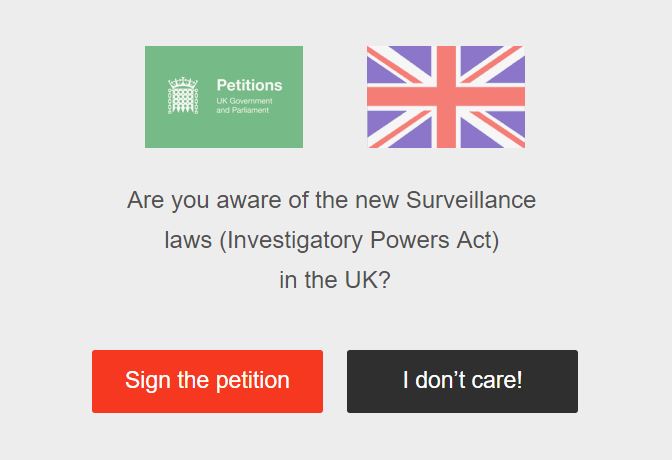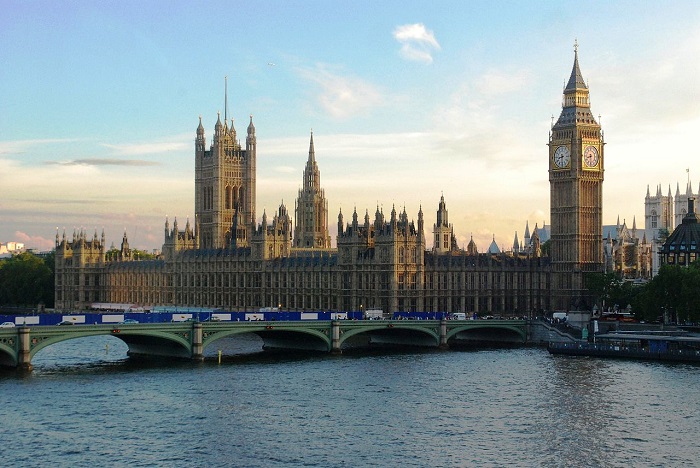Blow for Snoopers Charter as EU court bans mass data collection
A legal challenge brought against DRIPA could take out its successor


The Snoopers Charter has a had a major setback with a court ruling saying that mass collection of emails and other communications data is illegal.
Last year, MP David Davis and MP Tom Watson -- respectively of the Conservatives and Labour -- brought a legal challenge regarding mass collection of data against the Data Retention and Investigatory Powers Act (DRIPA), which is set to expire at the end of the year and be replaced by the Investigatory Powers Act.
The duo won a high court challenge against DRIPA, but that was appealed by the government, leading the case to head to European courts. In the meantime, the government hurried to write a new law, ahead of the end-of-year sunset clause on DRIPA. Davis has since withdrawn from the case after being named Brexit minister.
That law was the Investigatory Power Act (IPA) -- commonly referred to as the Snoopers Charter -- that was waved through parliament by the Tories and Labour last month. The new laws included provisions requiring all communications firms to keep records of so-called metadata -- who we talk to online and when -- as well as a year of browsing history.
The European Court of Justice (CJEU) has ruled on the issue of bulk data collection in DRIPA, saying "general and indiscriminate retention" of such data is illegal, and traffic and location data can only be collected in a targeted manner to fight serious crime.
That ruling is bad news for the newly passed law. "The CJEU has sent a clear message to the UK Government: blanket surveillance of our communications is intrusive and unacceptable in a democracy," ORG executive director Jim Killock said. "The Government knew this judgment was coming but Theresa May was determined to push through her snoopers' charter regardless. The Government must act quickly to re-write the IPA or be prepared to go to court again."
The ruling highlights issues around the blanket collection of data, pointing out that the retained data is "liable to allow very precise conclusions to be drawn concerning the private lives of the persons whose data has been retained."
Sign up today and you will receive a free copy of our Future Focus 2025 report - the leading guidance on AI, cybersecurity and other IT challenges as per 700+ senior executives
The judges conclude that fighting serious crime is the only justification for collecting such invasive data, saying "legislation prescribing a general and indiscriminate retention of data does not require there to be any relationship between the data which must be retained and a threat to public security."
"Such national legislation, therefore, exceeds the limits of what is strictly necessary and cannot be considered to be justified within a democratic society, as required by the directive, read in the light of the charter," the summary of the judgement reads.
Ruling response
Liberal Democrat Shadow Home Secretary Brian Paddick said: "This ruling proves that this Conservative Government has overstepped the mark. The legality of the Investigatory Powers Act - passed into law with Labour's full support - has now been called into question."
He added: "This dreadful piece of legislation will cost millions to implement and unless the Government reconsider, they will inevitably face further embarrassment in the courts."
A Home Office spokesperson said: "We are disappointed with the judgment from the European Court of Justice and will be considering its potential implications."
"It will now be for the court of appeal to determine the case. The government will be putting forward robust arguments to the court of appeal about the strength of our existing regime for communications data retention and access."
"Given the importance of communications data to preventing and detecting crime, we will ensure plans are in place so that the police and other public authorities can continue to acquire such data in a way that is consistent with EU law and our obligation to protect the public."
The MPs' legal challenge was backed by the Law Society, Liberty, Open Rights Group and Privacy International.
Freelance journalist Nicole Kobie first started writing for ITPro in 2007, with bylines in New Scientist, Wired, PC Pro and many more.
Nicole the author of a book about the history of technology, The Long History of the Future.
-
 UK government's draft spying powers get leaked online
UK government's draft spying powers get leaked onlineNews Open Rights Group lifts curtain on Home Office's secretive consultation
-
 Liberty hits crowdfunding goal to take on Snooper's Charter
Liberty hits crowdfunding goal to take on Snooper's CharterNews Campaign group raises £40,000 to finance legal challenge against the government
-
 Porn site xHamster protests Snooper's Charter a week too late
Porn site xHamster protests Snooper's Charter a week too lateNews xHamster pushes visitors to sign anti-surveillance petition
-
 Investigatory Powers: Expect less scrutiny now Theresa May is Prime Minister
Investigatory Powers: Expect less scrutiny now Theresa May is Prime MinisterAnalysis Experts predict Theresa May's rise to PM will give the Snooper's Charter an easier ride
-
 Investigatory Powers bill’s security backdoors ‘won’t make iPhone illegal’
Investigatory Powers bill’s security backdoors ‘won’t make iPhone illegal’News Encryption backdoors survive proposed House of Lords amendments
-
 House of Lords hits out at Snooper's Charter
House of Lords hits out at Snooper's CharterNews Privacy and practicality worries could give the IP Bill a rough ride through the upper house
-
 FBI can hack computers with no warrant, US court rules
FBI can hack computers with no warrant, US court rulesNews No warrant was needed in child abuse case, even though one was obtained
-
 Campaigners reveal government's secret spying regime
Campaigners reveal government's secret spying regimeNews Intelligence services have had access to people's health, financial and communication data for 15 years


